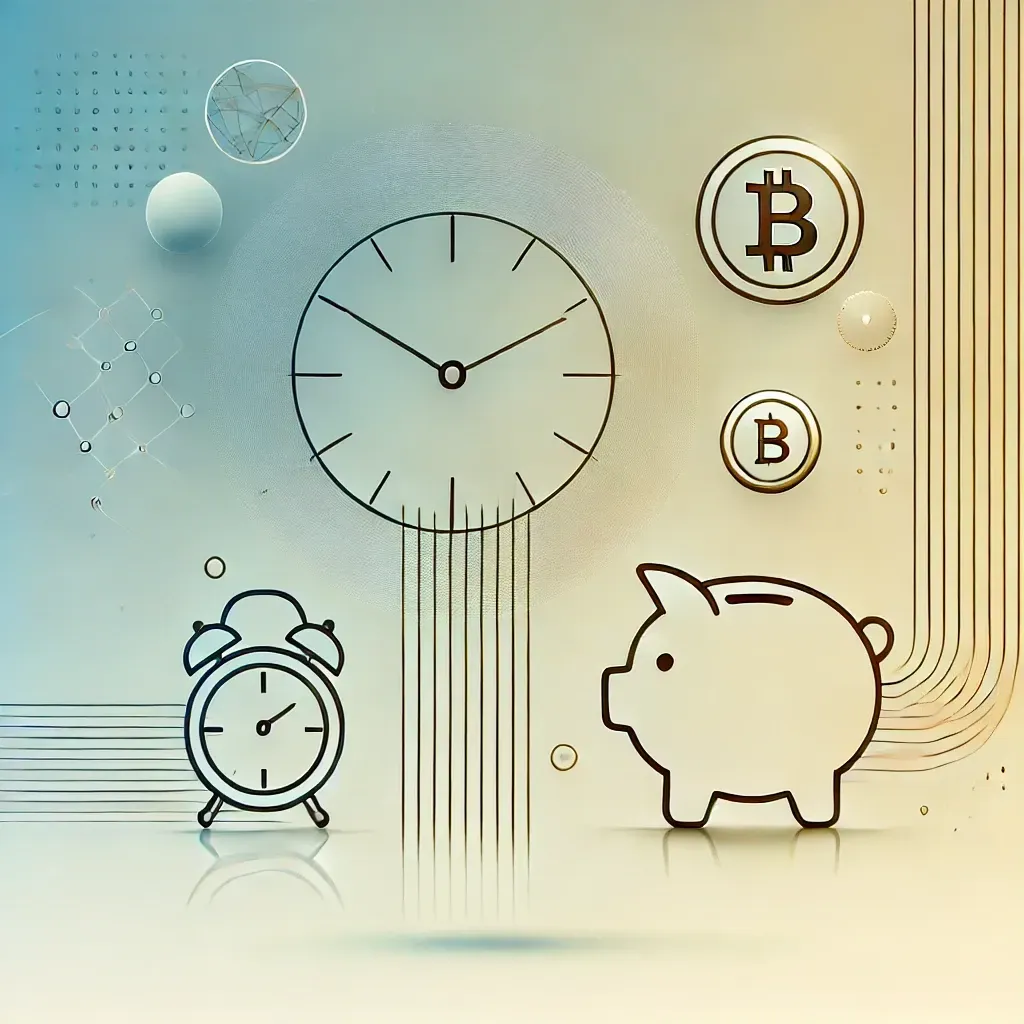
My First Financial Mistake — and the Systemic Trap That Made Me Make It
We all remember our first big financial mistake. Mine wasn’t some bad trade or lost investment. It wasn’t getting rugged by an altcoin or handing my seed phrase to a scammer. No, my first mistake was trusting the system.
I thought I was being smart. I followed the rules. I set up an index fund portfolio, DCA’d into my 401(k), and listened to the “experts” on TV tell me how to build wealth over decades. They told me inflation was 2%, the stock market averaged 7–10% over time, and if I just stayed the course, everything would be fine.
But what they didn’t tell me is this: the system isn’t designed to protect your wealth. It’s designed to siphon it.
And I didn't even realize I was losing—until Bitcoin showed me what winning looks like.
The Slow Bleed Most People Never See
When I got my first job, I was proud to save a few hundred bucks a month. I remember the first time my savings hit five figures. It felt like progress. But every time I looked at prices—housing, food, rent, cars—it felt like I was falling behind.
I didn’t question it. I just thought I needed to hustle harder, save more, invest smarter. But I didn’t know the core truth yet:
You cannot save in a system that’s designed to punish savers.
Inflation was eating me alive, but the CPI print made it sound like a mild nuisance. I didn’t realize CPI is a manipulated, under-reported number that intentionally excludes the real essentials—like home prices or health insurance premiums.
They tell you “2% inflation” is normal. But over 30 years, that’s nearly half your purchasing power gone. And that’s assuming they’re being honest about the 2%—which they’re not.
The Realization: It’s Not Your Fault, But It’s Still Your Responsibility
Eventually, I stumbled into Bitcoin. Not as a get-rich-quick scheme, but as a question I couldn’t shake: “Why does this thing keep coming back from the dead?” I read, I listened, I studied monetary history. I learned what inflation really is—a hidden tax that benefits those closest to the money printer and punishes everyone else.
I saw how savers are forced into becoming speculators. Because in fiat, if you’re not gambling, you’re losing.
And that’s when the lightbulb went off. My first mistake wasn’t personal. It was systemic. I had trusted a system that needed me to stay financially insecure.
Bitcoin Reversed the Equation
Once I understood Bitcoin, I stopped playing defense. I stopped chasing returns. I stopped optimizing for “max yield” and started optimizing for sovereignty.
I began saving in a money that couldn’t be printed. That couldn’t be debased. That couldn’t be inflated away by a bunch of unelected central planners.
It wasn’t just about price appreciation—it was about principle. I stopped asking, “How much money can I make?” and started asking, “How can I protect my time, energy, and work from theft?”
The biggest mistake isn’t losing money.
It’s wasting your life trusting a system that’s designed to steal it.
What I Tell People Now
When someone tells me they’re “not ready for Bitcoin,” I don’t pitch them. I don’t send them charts. I ask them questions:
Do you think the dollar will be worth more or less in 10 years?
Do you feel like you’re working harder but falling further behind?
Do you really believe you can invest your way out of systemic theft?
Because if you don’t ask those questions, you’ll keep making the same mistake I made. You’ll think financial insecurity is just part of the game. You’ll think your 8% index fund returns are a win—even while your grocery bill doubles and home ownership slips further out of reach.
Bitcoin isn’t magic internet money. It’s a mirror. It shows you how rigged everything else is.
And once you see it, you can’t unsee it.
Shout out to BullishBTC.com — if you're tired of trusting a broken system, start learning Bitcoin the right way.



